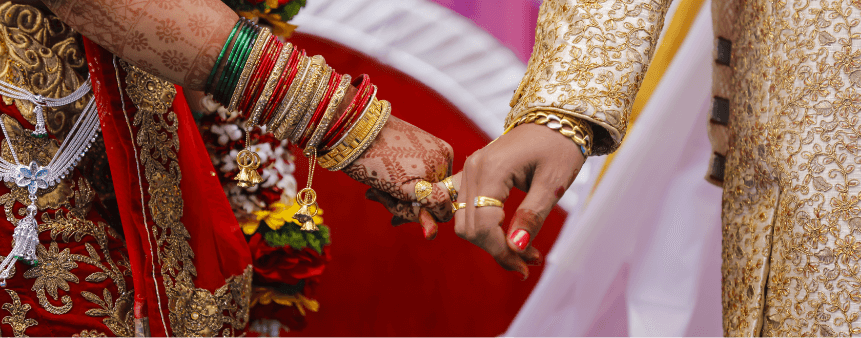Talk to India's best Astrologers
First Consultation at ₹1 only
Login
Enter your mobile number
The festival, also known as the "Festival of Lights," is celebrated in the Kartik month according to the Hindu Calendar. It tends to occur every year between September and November. Why is Diwali called the festival of lights? If you also want to know some amazing facts about the Diwali festival, continue reading to learn more about the same.
The history of the Diwali festival is that Lord Rama was given a 14-year exile by his father, Dashrath. He did so on the command of his wife and Rama’s stepmother, Kaikeyi. She feared Rama becoming the king and her son not, so she asked her husband to do so as he owed her a favour.
Lord Rama, his wife, Sita mata, and his younger brother Laxman went into exile. Lord Ram and Sita Mata’s stay in the forest during exile was filled with ups and downs. However, there was significant turmoil with the arrival of Ravana in their lives.
Ravana kidnapped Sita mata to take revenge for his sister Shurpanakha. The later story follows Lord Rama, who rescues Sita Mata with the help of his brother, Laxman, and Hanuman. After Lord Rama rescues Sita Mata, he is welcomed back into Ayodhya by the people who light diyas and lamps in their houses and burst crackers.
This ritual continues even today when Diwali is celebrated yearly. People clean their homes and light them up with diyas and lamps. Moreover, people to date burst crackers as an expression of their joy and happiness.
Diwali is a five-day festival that is celebrated with great joy and excitement. The importance of the Diwali festival’s five days are as follows:
In conclusion, Diwali is a festival that brings people together and celebrates the victory of good over evil. The festival is a time for joy, celebration, and the renewal of relationships between friends and family.
Whether through lighting oil lamps, exchanging gifts, or simply enjoying delicious food, Diwali is a time to celebrate life and spread happiness. It is the time of the year when families celebrate happiness and auspiciousness together. Thus, the Diwali family gathering is one of the most significant times of the year.
As we all know, Diwali is called the festival of lights. It is celebrated every year between September and November. However, if you want to know the exact date of Diwali for the year 2024, read below and find the answer:
Diwali Indian festival is a five-day festival. Thus, it is celebrated for a week, not daily. The answer is right here if you are also wondering when Diwali will be in 2024. The timeline of the Diwali festival for the year 2024 is from Tuesday, 29th October 2024, to Sunday, 3rd November 2024. The days of the festival and the five days of Diwali are as follows:
The celebration of the Diwali festival is a time for everyone to celebrate. However, everyone has a different way of celebrating their joy. So, let us look at some ways in which various parts of India rens to celebrate this festival. These are as follows
In northern India, Diwali is the greatest celebration of the entire year. People follow the entire five-day festival, with the first day beginning with Dhanteras and the last day ending at Bhai Dooj Pooja.
Diwali is celebrated with the same zeal and enthusiasm in South India as in North India. However, the only difference is that in South India, they do not celebrate it as the victory of Lord Rama over Ravana but as the victory of Lord Krishna over the demon Narakasura.
